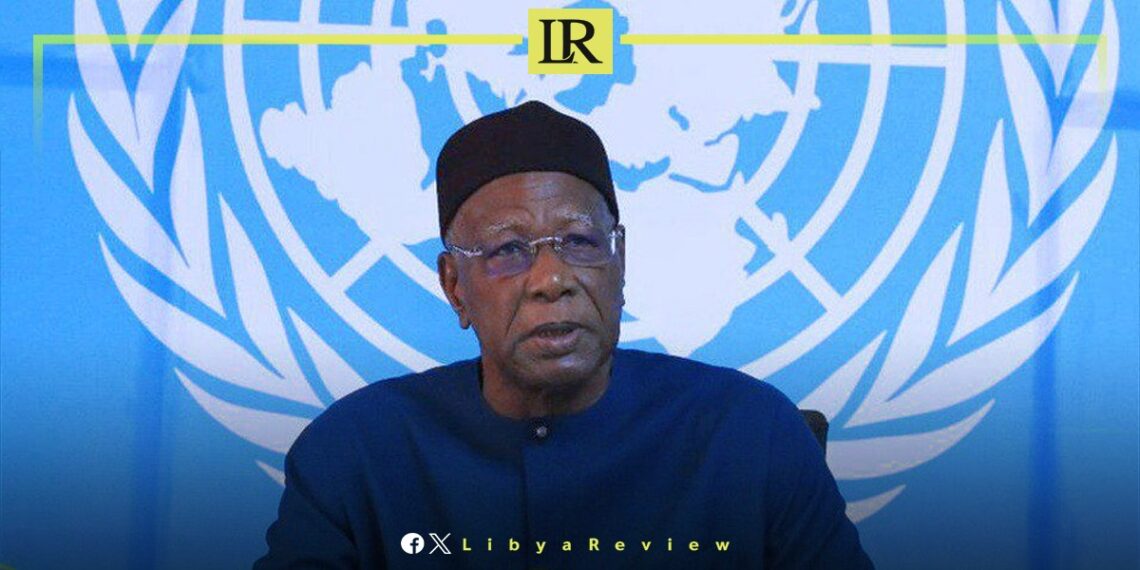The unexpected resignation of Abdoulaye Bathily, the UN Special Representative for Libya, highlights the significant challenges facing the international community’s efforts to stabilize Libya.
Appointed just 18 months ago, Bathily has now stepped down, submitting his resignation to UN Secretary-General Antonio Guterres, as reported by Agence France-Presse.
Bathily’s tenure was marked by intense efforts to mediate among Libya’s rival factions, which have been deeply divided since the fall of Muammar Gaddafi in 2011. His resignation underscores the persistent complexities in Libya, where political will and good faith have been scarce among leaders benefiting from the ongoing conflict and division.
During his time leading the United Nations Support Mission in Libya (UNSMIL), Bathily frequently criticized the Libyan leadership for their lack of commitment to a genuine peace process. He condemned the leaders for their satisfaction with the status quo, which only perpetuates the country’s political deadlock and suffering.
This development raises concerns about the future effectiveness of UNSMIL and the broader international strategy in Libya.
Bathily’s departure serves as a stark reminder of the enduring instability in a country entangled in local factional disputes magnified by international interests. The situation remains a poignant example of the challenges facing peace operations in regions with deeply entrenched political and military conflicts.
This comes shortly after UN spokesperson Stephane Dujarric announced that Secretary-General Antonio Guterres had accepted the resignation of Abdoulaye Bathily as the UN Envoy to Libya.
This resignation underscores the ongoing challenges faced by the international efforts in Libya, highlighting the complex geopolitical dynamics that continue to hinder a sustainable resolution to the conflict.
In his last briefing to the Security Council, Bathily stated that Libyan officials dominating the political scene prioritize their personal interests over the country’s interests, urging the Security Council to pressure them and force them to dialogue to settle differences.
Bathily described the positions of the political parties in Libya as rigid, saying, “The selfishness of Libyan leaders comes at the expense of the Libyans and must stop immediately,” adding that all his attempts “met with stubborn resistance, unrealistic demands, disregard for the interest of the Libyan people, and a desire to delay the elections indefinitely.”
Bathily is the eighth diplomat to hold the position of the Secretary-General’s Special Envoy to Libya since 2011, officially appointed in September 2022.


